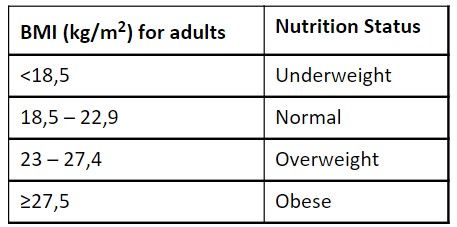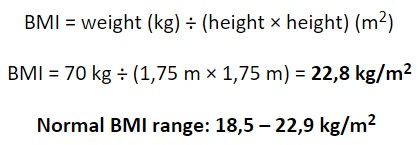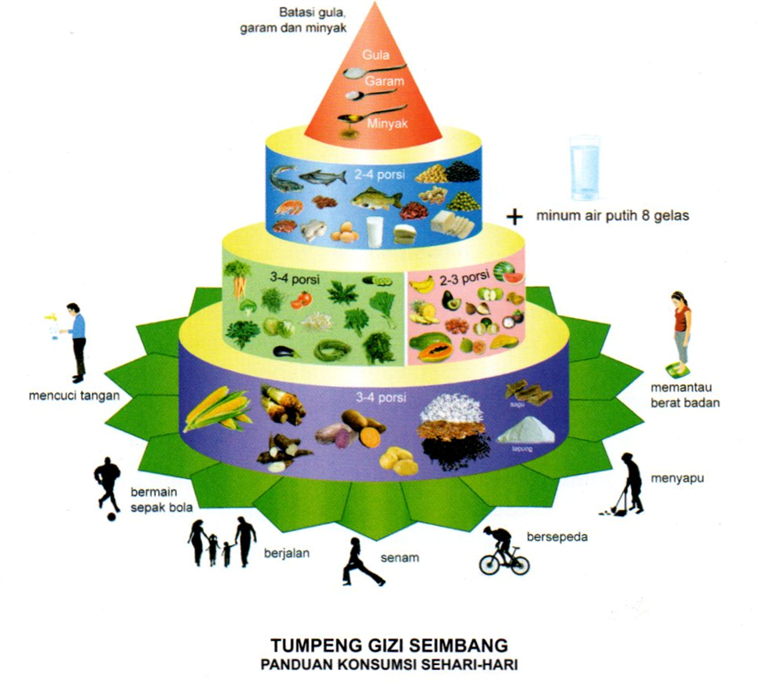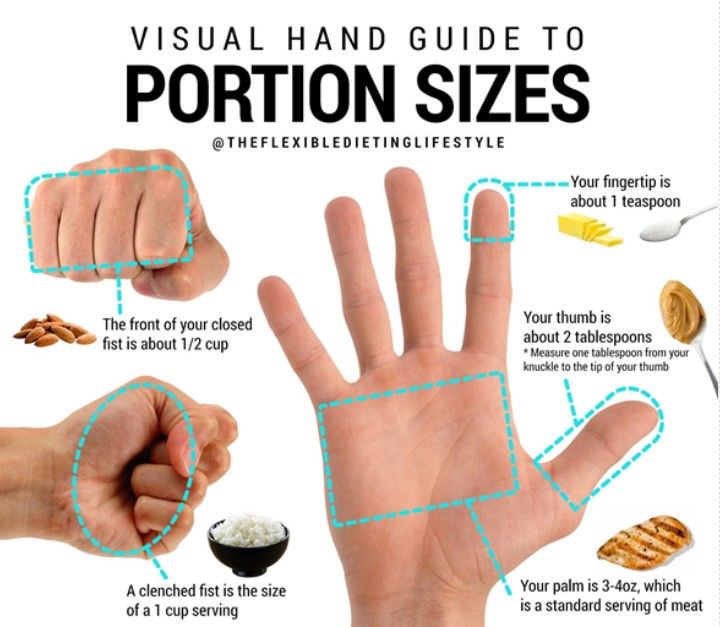Having an ideal body weight (IBW) has always been a dream. Everyone wants to have body goals! However, the benefit of having an ideal body weight goes beyond appearance.
Achieving the IBW will reduce the risk of chronic diseases such as hypertension, heart disease, and diabetes mellitus. Moreover, among health professionals, IBW is used to calculate drug doses and nutritional needs, indicating how big a deal this thing is.
The next question is, is my body weight ideal? And how to achieve it?
How to know your ideal weight
Ideal body weight can be determined through calculations. There are many ideal body weight formulas found by researchers. However, these IBW formulas were no longer valid and widely used since they are not considered universal and accurate.
Most experts agreed to use Body Mass Index or BMI as a standard reference in calculating ideal body weight in the general population. However, people with sarcopenia obesity and athletes might be advised to use different formulas. Here is interpretation of BMI calculation for Asian people.

Example: Kevin, is a man with weight 70 kilograms and height 175 cm. What is the IBW range he could target to? Is his weight ideal for his height?

Based on normal BMI range, his IBW range is 56,6 – 70,1 kg. Therefore, with 70 kg, it can be concluded that his current body weight is categorized as ideal.
Side notes: In addition to BMI, a general indication of a person’s health is also determined by body composition. Depending on the sport, some athletes need to refer to body composition rather than BMI (e.g., weightlifting).
Two Habits to Achieve Ideal Weight
After knowing your ideal weight, the next step is to determine the target weight. To lose weight, it is recommended to start by reducing 500-1000 calories from your daily calories. This will help you lose 0.5 kilograms a week. If your aim is to gain weight, add 300-500 calories than you normally consume per day. Increase your intake up to 700-1000 calories per day for swift results.
Pursuing ideal body weight is not just about going up or down on the weight scale, but is also getting the right kind of weight gain. There are two habits you can start to work on.
1. Eat with balanced nutrition
The rule of thumb when it comes to gaining or losing weight is balanced nutrition. Eating with balanced nutrition means adjusting the type and amount of nutrients based on what body needs.
For Indonesian people, Ministry of Health has made balanced nutrition guidelines. Meaning, a diet per day should include:
A. 3-4 servings of staple foods for carbohydrate sources. Examples: rice, corn, potatoes, cassava, sweet potatoes, taro, sago, and wheat.
Cakes, puddings, breads, and sweets are also carbohydrates. However, these carbohydrates are relatively simple and less healthy for the body. Choose complex carbohydrates that contain starch and fiber over the simple ones.
B. 2-3 servings of fruit. Fresh fruits are rich in vitamins, minerals, and fiber that the body needs. The most recommended way to consume fruits is eating it whole, without any other additional processes.
C. 3-4 servings of vegetables. For vegetables, it is recommended to increase the consumption of green leafy vegetables. This is because they contain high levels of vitamins, minerals and antioxidants, which will promote overall health.
D. 2-4 servings of protein. There are two sources of protein: animals and vegetables. Animal proteins are meat, chicken, eggs, milk, fish, shrimp, etc. While vegetable proteins usually come from plants, such as tofu, tempeh, peanuts, peas, etc.
E. At least 8 glasses of water
F. Maximum 4 tablespoons of added sugar
G. Maximum 1 teaspoon of salt
H. Maximum 5 tablespoons of healthy oil (fat)
Guidelines for balanced diet are summarized in the form of "Tumpeng Gizi Seimbang” as follows.

TIPS: Memorize this to make it easier to remember!
Carbohydrates and Vegetables = 3-4 portions
Proteins and Fruits = 2-4 portions
TIPS: Measure the portion of each food ingredient by hand easily!

2. Physical Activity
In addition to a balanced nutritional diet, another important habit that needs to be cultivated to get to an ideal weight is physical activity. World Health Organization (WHO) recommends physical activity for adults aged 18-64 years as follows:
A. Minimum of 150-300 minutes per week or 30 minutes daily of moderate-intensity aerobic physical activity. Example: brisk walking (speed: 6 km/hour), heavy cleaning, bicycling light effort (speed: 16-19 km/hour).
B. Minimum 75-150 minutes per week of high-intensity aerobic physical activity. Example: jogging (speed: 9-10 km/hour), bicycling fast (speed: 22-26 km/hour), basketball or soccer game.
The journey of reaching ideal body weight begins with determining an ideal weight with BMI calculation. After that, make a target for weight gain or loss and the number of calories that needs to be consumed per day.
In the process of achieving target weight, there are at least two important habits.
First, apply a balanced diet according to the targeted number of calories gradually.
Second, start incorporating physical activity daily so that your body burns calories, and the muscle and bone can become stronger too.
As these two habits are built, the dream of having an ideal weight is within grasp!
To get even more effective results, consult with a nutritionist and seek more intensive support. Better yet, start your nutritional journey towards your ideal weight with NutriReadyTM. Together, we can unlock your genetic profile to find the right personalized nutrition. Curious to find out more? Call our Customer Service via WhatsApp at 08119941440.
Editor: Emilia Bewintara





Leave a Comment